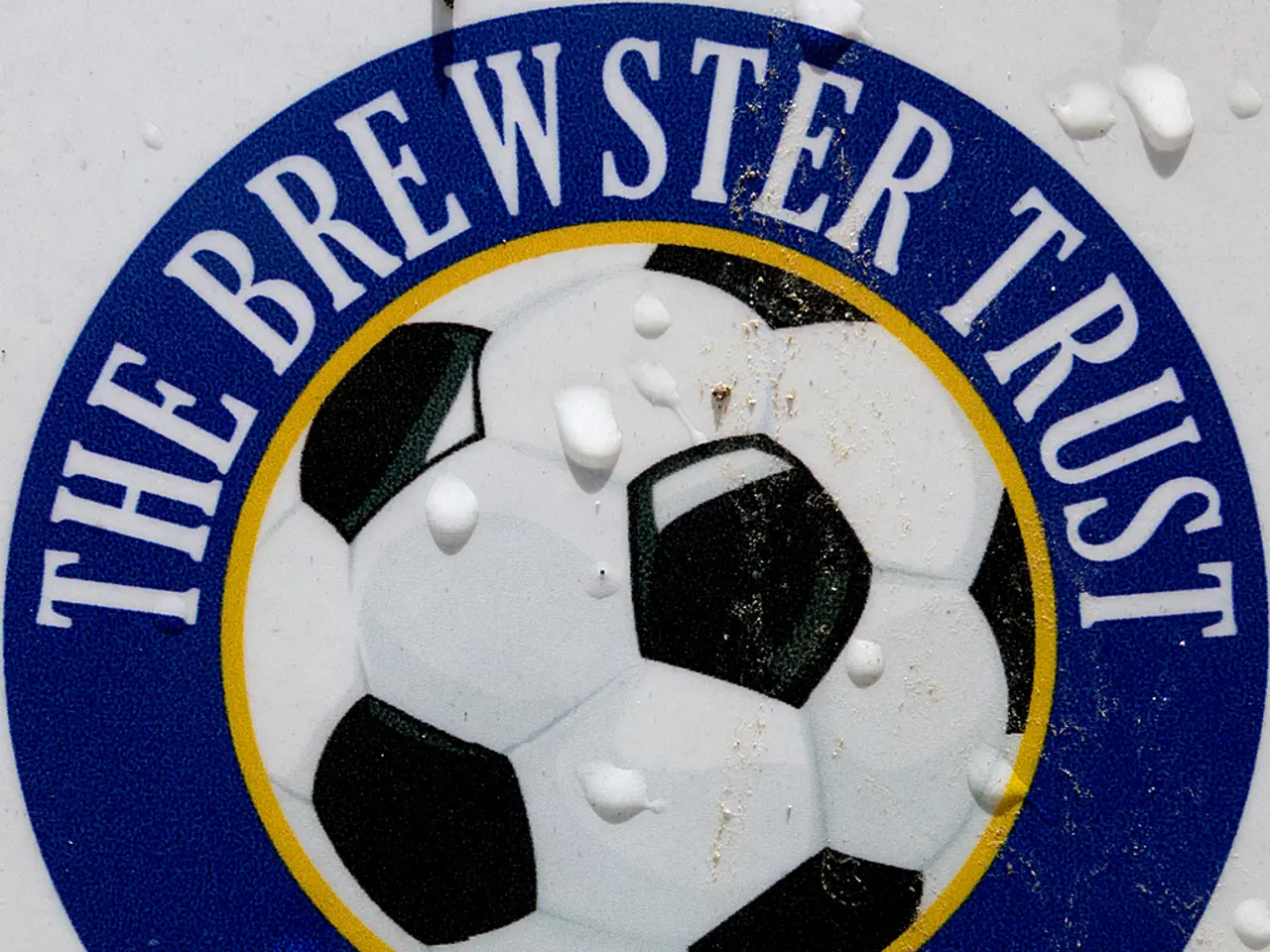Tow Someone's Car: Legal Conditions Explained Completely
Towing Vehicles: A Guide to Legal and Safe Practices
When dealing with illegally parked vehicles, it's crucial to navigate the process with caution to protect yourself from potential legal liability and ensure a fair resolution. This article provides a comprehensive guide to tow truck procedures, focusing on private property and public streets, as well as specific regulations regarding handicap parking spaces.
Towing from Private Property
Before calling a tow truck, make sure to take necessary steps to safeguard yourself. Clear signage is often a prerequisite for towing vehicles from private property, with specific regulations governing the size, placement, and wording of these signs. It's essential to be aware of the specific laws and ordinances in your jurisdiction.
A homeowners association (HOA) generally has the authority to tow vehicles parked in violation of their rules and regulations, but this power is usually contingent on the HOA having clear and well-defined parking rules and proper enforcement procedures. If a vehicle is parked on your private property without your permission, you generally have the right to have it towed.
Towing from Public Streets
Towing a vehicle from a public street is generally permissible under several circumstances, such as parking violations, public safety concerns, or authorization from law enforcement. In some jurisdictions, more direct forms of notice may be required before towing, such as attempting to contact the vehicle's owner or notifying local law enforcement.
Handicap Parking Spaces
Ignoring local ordinances can lead to legal complications, especially when it comes to handicap parking spaces. Towing regulations regarding vehicles parked illegally in handicap spaces vary by state and locality but typically include fines, immediate towing authorization, and strict enforcement to protect disability access.
For example, in Texas, unauthorized parking in an ADA space can result in fines and immediate impoundment, especially if permits are fraudulent or altered. Illinois law prohibits parking in handicap spaces without valid disability permits and authorizes fines and towing for violations.
Choosing a Towing Company
When selecting a towing company, it's essential to choose one that is licensed, insured, and reputable. A reputable towing company will be familiar with the local laws and regulations and will follow proper procedures to avoid damaging the vehicle or causing any unnecessary inconvenience to the owner.
Attempt to contact the vehicle owner and ask them to move the vehicle, if possible. Document the condition of the vehicle before and after it is towed to help establish any damages that may have occurred. To avoid wrongful towing claims, make sure you have a legitimate reason for towing the vehicle, comply with all applicable laws and regulations, and follow proper procedures.
Abandoned Vehicles
Abandoned vehicles may be towed if they have been left unattended for an extended period of time, with no indication that the owner intends to return. Even with clear signage, you may be required to provide "reasonable" notice to the vehicle owner before towing the vehicle.
Pricing and Policies
Understand the towing company's pricing and policies, including fees and procedures for releasing the vehicle to the owner. In some jurisdictions, such as North Carolina, reforms aim to cap towing fees and limit tow distances, requiring clear signage and payment options.
In summary, though specifics differ, states commonly enforce fines and penalties for unauthorized parking in handicap spaces, immediate towing or impoundment authority for violations to ensure access, requirements for signage designating handicap parking and towing zones, and limits or regulations on towing company practices (fees, distance) in some states.
Because regulations are local and state-specific, for exact legal details, it is necessary to consult state or municipal codes (e.g., Texas Transportation Code, local city ordinances) or official parking enforcement policies where the vehicle is parked.
- In the event of a vehicle parking in violation of handicap space regulations on public streets, it's crucial to be aware that local ordinances may mandate fines, immediate towing, and strict enforcement to guarantee disability access.
- Since sports events can create a crowded street situation, it would be prudent for tow truck operators in those instances to be especially mindful of the weather conditions, as slippery roads or stormy weather could pose additional challenges during towing operations.







